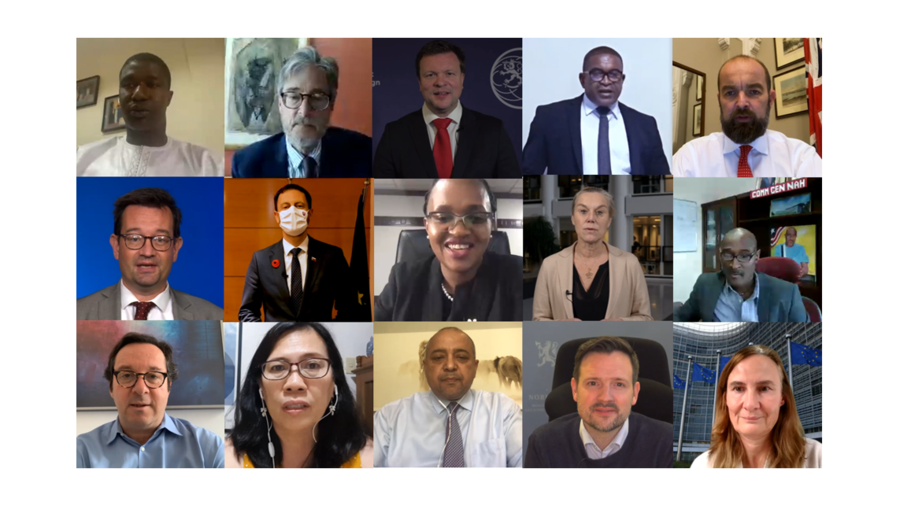
Georgia
Recent reforms and progress
Georgia has taken steps to improve its Compliance Risk Management process, such as introducing new Compliance Programs, developing and approving the CIP 2021-2022, improving accessibility to third party information, and improving data analytics capabilities.
On tax registration reform, Georgia requires registration by tax types, consistently applies procedures to ensure correct categorisation of taxpayers by activity type and activity status, and has developed a dedicated programme to identify unregistered activity.
To ensure timely filing, Georgia created a dedicated structural unit, developed KPIs to measure achievements, and introduced a default assessment for small, medium, and large sized VAT taxpayers.
Georgia has also created a dedicated structural unit to aid in debt management, as well as agreed to the Debt Management Concept with the EMB, and granted GRS the right to write-off debt which resulted in significant write-offs in 2020.
To ensure accurate reporting in declarations, a new risk-based remote-control mechanism was developed, and the Audit Case Management System was fully operationalised.
In 2020, Georgia undertook a Tax Administration Diagnostic Assessment Tool (TADAT) assessment, which showed significant improvements in terms of tax administration compared to their previous 2016 assessment.
Outlook: DRM priorities
Georgia’s DRM strategy is nested within its Public Finance Management (PFM) Strategy, which covers the years 2018 – 2021. Georgia’s PFM strategy seeks to improve public financial management systems by ensuring (1) fiscal discipline; (2) work efficiency; and (3) the efficient allocation of public resources. The PFM Strategy sets out key budget management reforms, including in relation to strategic planning and budgeting, budget execution, accounting and reporting, and auditing and oversight. The Strategy also seeks to unite all public financial management bodies and includes detailed actions plans based on strategies such as the External Audit Strategy, Procurement Strategy, and other strategic areas under the responsibility of the Ministry of Finance.
Ensuring policy coherence for development
Georgia’s commitment to promote policy coherence for development is demonstrated by:
- A strong commitment to address illicit financial flows by implementing impressive reform measures to combat corruption, crime and other illicit financial flows in the country;
- Its involvement in various working groups and platforms established to promote international tax cooperation, such as the Inclusive Framework on BEPS, the Peer review Group of the Global Forum on Transparency and Exchange of Information for Tax Purposes, as well as other working groups and fora established by the OECD and other international organisations. Georgia is also a signatory to the Multilateral Convention to Implement Tax Treaty Related Measures to Prevent BEPS and regularly hosts international conferences, regional and international meetings to enhance tax cooperation.
